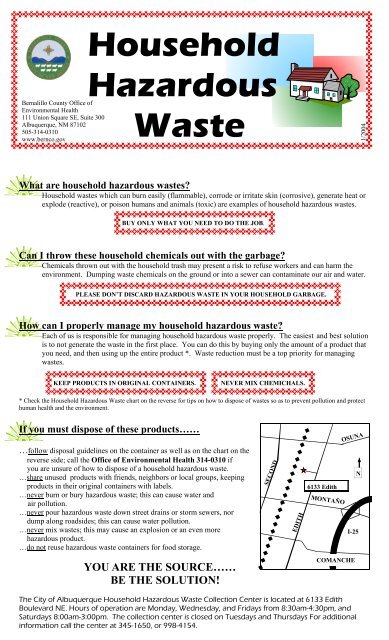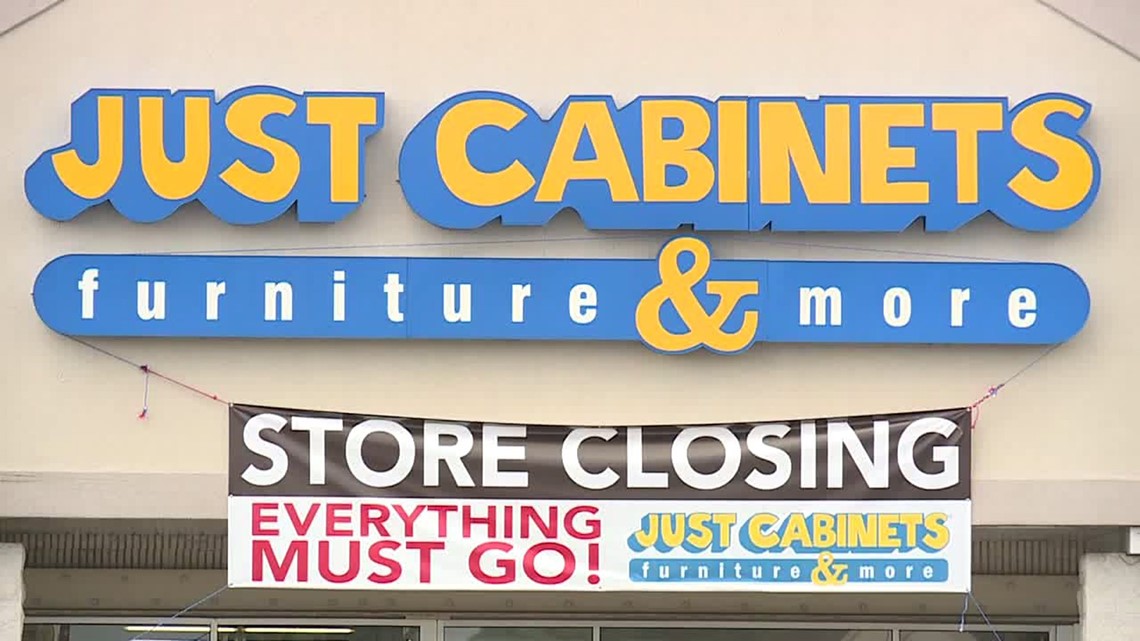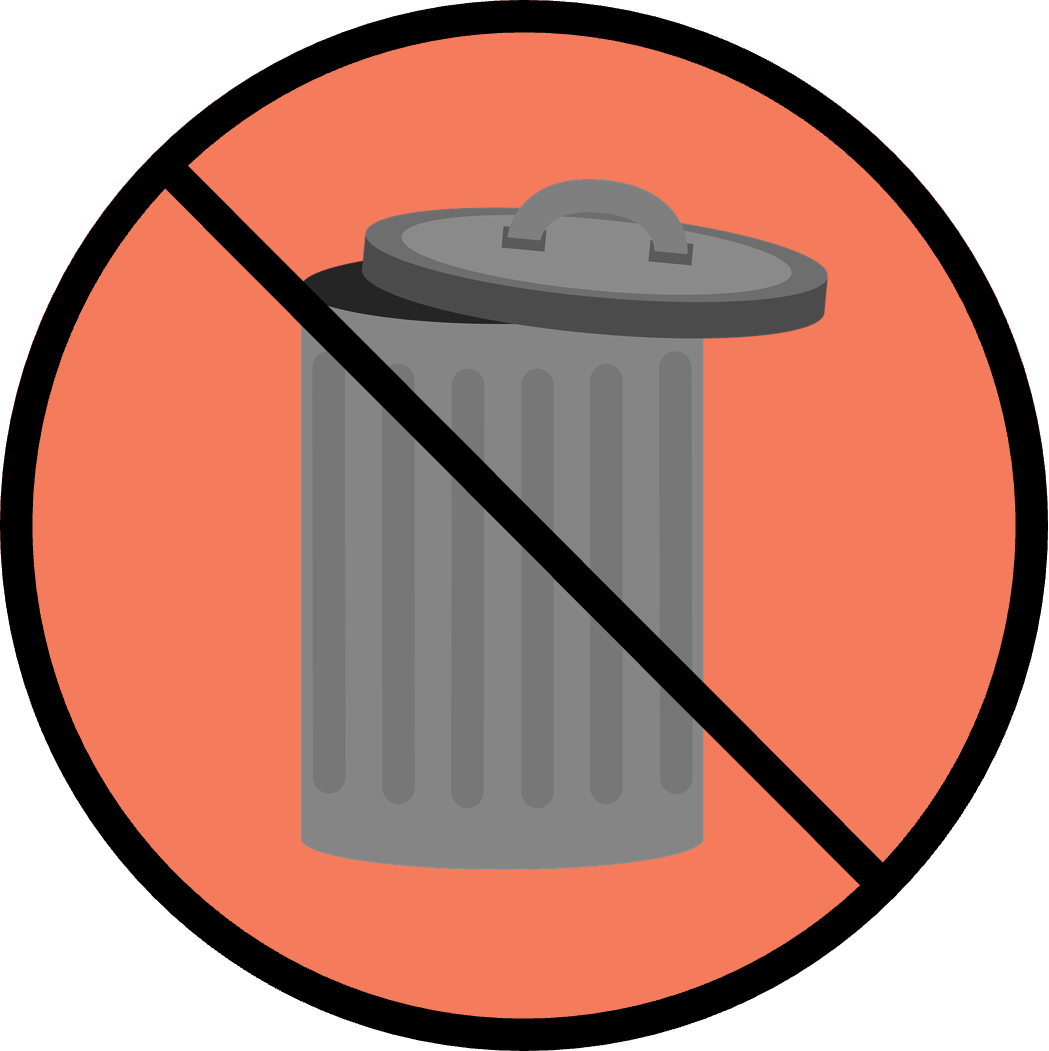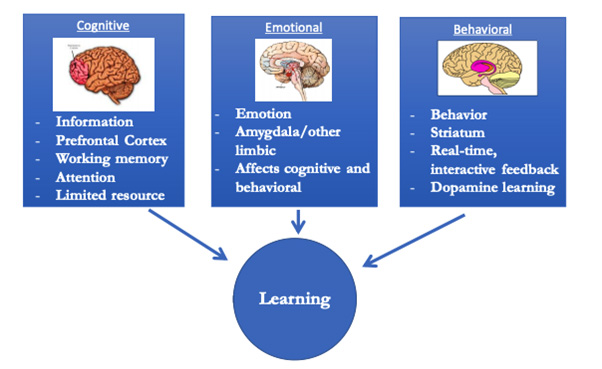
Introduction: Prioritizing Safety through Responsible Disposal of Household Hazardous Waste
In our everyday lives, we often encounter various products that, when no longer needed, become household hazardous waste. Proper disposal of these items is crucial to safeguard both our homes and the environment. In this comprehensive guide, we’ll explore the importance of disposing of household hazardous waste responsibly and provide practical tips for doing so.
Understanding Household Hazardous Waste
Household hazardous waste encompasses a wide range of items, including cleaning products, batteries, paints, pesticides, and electronics. These items contain substances that can pose risks to human health and the environment if not disposed of properly. Recognizing and categorizing these materials is the first step toward responsible disposal.
1. Identifying Household Hazardous Waste
Start by identifying the household items that qualify as hazardous waste. Look for labels indicating toxicity, flammability, corrosiveness, or other hazardous properties. Common examples include old paint cans, expired medications, used batteries, and electronic devices.
2. Creating a Collection and Storage System
Establish a designated area in your home for collecting and storing hazardous waste. Use sturdy containers, preferably with lids, and clearly label them as “Hazardous Waste Collection.” Ensure that the containers are kept out of reach of children and pets.
3. Researching Local Disposal Options
Every community has specific guidelines and facilities for the disposal of household hazardous waste. Research local regulations and identify designated collection sites, drop-off points, or scheduled collection events. Many municipalities organize periodic hazardous waste disposal days.
4. Utilizing Local Recycling Programs
Some household hazardous waste items, such as electronics or certain types of batteries, can be recycled. Check with local recycling programs or electronic waste recycling centers to determine the appropriate disposal methods for these items.
5. Participating in Take-Back Programs
Many manufacturers and retailers offer take-back programs for certain household items, such as expired medications or used batteries. Take advantage of these programs, which often provide convenient and responsible disposal options.
6. Following Proper Disposal Instructions
When preparing hazardous waste for disposal, carefully follow any specific instructions provided by local authorities or disposal facilities. Some items may require special handling or packaging to ensure the safety of those involved in the disposal process.
7. Proper Medication Disposal
Unused or expired medications should never be flushed down the toilet or thrown in the trash. Many pharmacies and local law enforcement agencies have medication take-back programs, providing a secure and eco-friendly way to dispose of pharmaceuticals.
8. Safe Paint Disposal Techniques
Paints and solvents are common household hazardous waste items. Ensure proper disposal by allowing paint to dry completely before disposal or by using paint hardeners. Many communities also have paint recycling programs.
9. Responsible Battery Disposal
Batteries, especially rechargeable ones, can contain hazardous materials. Participate in battery recycling programs or take them to designated drop-off locations. Avoid tossing batteries into regular trash bins.
10. Staying Informed and Educating Others
Continuously educate yourself about responsible household hazardous waste disposal practices. Share this knowledge with friends, family, and neighbors to promote community-wide awareness and participation in safe disposal efforts.
Conclusion: A Collective Effort for a Safer Environment
Responsible disposal of household hazardous waste is not only an individual responsibility but a collective effort to protect our homes and the environment. For more information on proper waste disposal and other eco-friendly practices, visit mimimises.org. Together, let’s ensure the safe and sustainable management of household hazardous waste for a healthier and safer living environment.


















